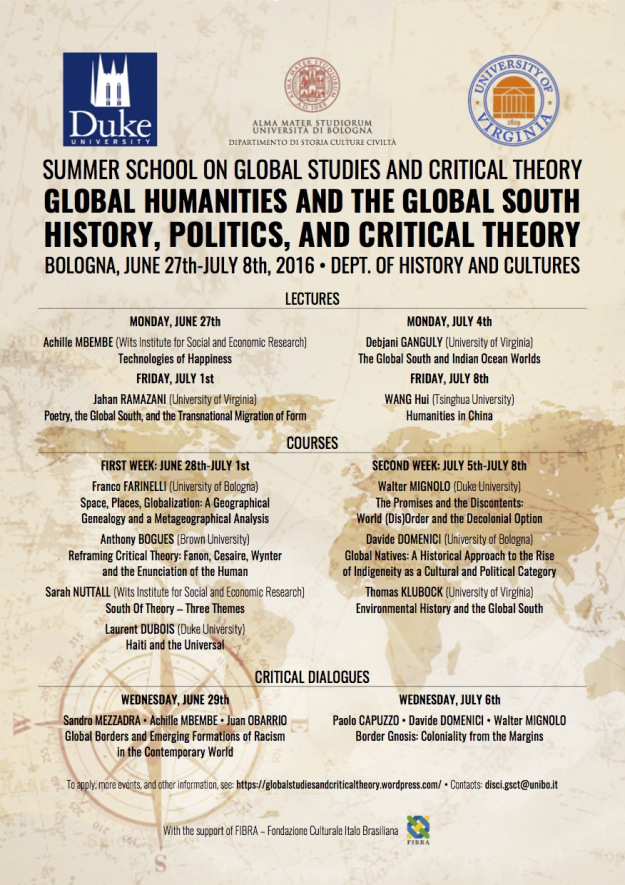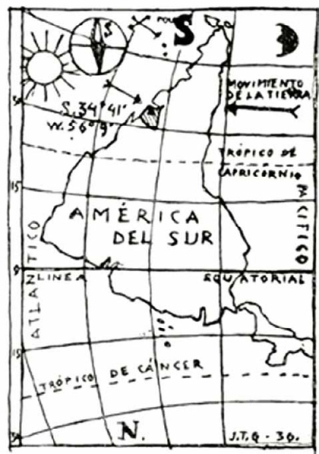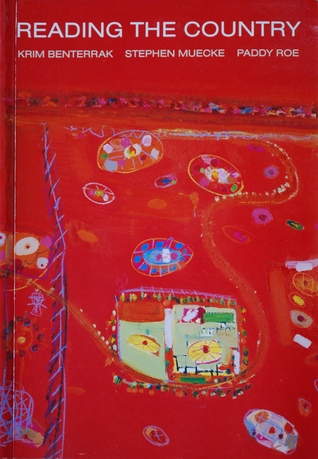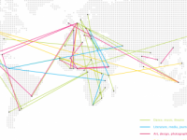“Global South: A Colloquium” – presented by the Institute of the Humanities and Global Cultures, November 16-19, 2016
University of Virginia
November 16, 2016
Keynote Speakers
“Afro-Atlantic Genealogies of the Global South”
Laurent Dubois (History and Romance Studies, Duke University)
Wednesday, November 16, 4:00 – 6:00 p.m.
Nau Hall 101
Plenary Panel: “Southern Theory”
Juan Obarrio (Anthropology, Johns Hopkins University)
Sarah Nuttall (Literary and Cultural Studies, University of the Witwatersrand)
Moderated by Ian Baucom (Buckner W. Clay Dean of Arts & Sciences, University of Virginia)
Thursday, November 17, 4:00 – 6:00 p.m.
Nau Hall 101
“Poetry, the Global South, and the Migration of Form”
Jahan Ramazani (University of Virginia)
Friday, November 18, 4:00 – 5:30 p.m.
New Cabell Hall 236
“Where Next? The Global South Out West,” Tsitsi Jaji (English, Duke University)
Saturday, November 19, 4:00 – 6:00 p.m.
New Cabell Hall 236
Historically, the idea of the ‘Global South’ can be traced to the Brandt Report of 1980, which posited a divide between countries of the North and South according to technological development, GDP, and standard of living. A cultural genealogy of the term stretches back even further to the 1955 Africa-Asia Conference in Bandung, Indonesia, which inaugurated ‘Third World’ collaborations, decolonization movements, and heralded a sustained engagement with the postcolonial as an historical epoch.
Notwithstanding these specific genealogies, ‘Global South’ today appears as an unsettled and unsettling frame from which to contemplate the world. Some think of it as a post-Cold War era replacement for the ‘Third World’ (and so primarily covering Africa, Latin America, South and Southeast Asia, but not Europe, America and the Mediterranean worlds), while others use it synonymously with the idea of underdevelopment and deprivation wherever these are found. Yet others see it as a ‘frontier in the unfolding history of neoliberal capitalism’ and a window from which to grasp the conditions of intelligibility of our global present: historical, cultural, aesthetic, political, environmental, biomedical and technological. The antinomy with the more privileged Global North persists both in the domain of political economy and in culturalist perceptions of a decolonial reinvention and invigoration of non-Western lifeworlds.
As will be obvious from the above, the idea of the ‘Global South’ has varied inflections across the disciplines. An economist’s understanding of it does not converge with that of a historian or a literary scholar or even that of a media specialist. At the same time, the paradigmatic force of the term is not in doubt, one that makes intelligible larger constellations of meaning beyond the specific historicity of its origins in a postcolonial and post-Cold War world. The Global South currently exists at the confluence of and tension between systems of knowledge and ways of conceptualizing space, habitations, cultures, aesthetics and political economy. Our colloquium will explore the many dimensions of this concept – philosophical, historical, political, spatial and aesthetic – as they inform contemporary scholarship.






